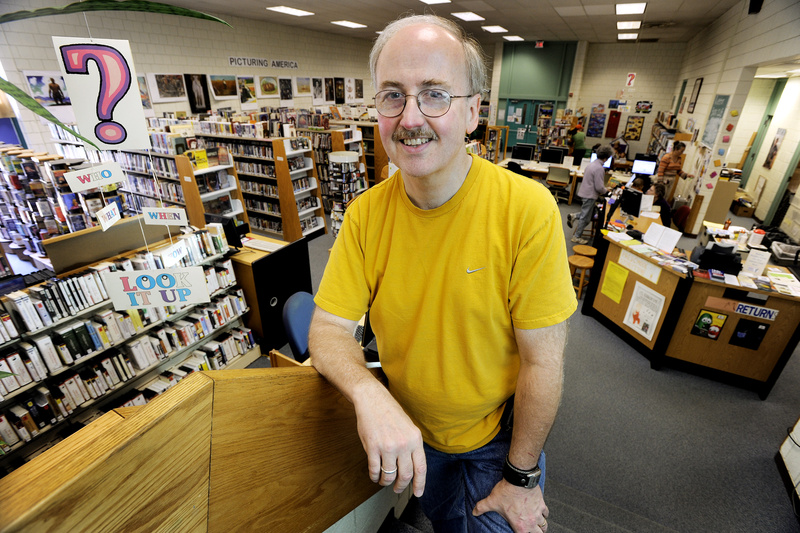Everyone knows that in a world with vast amount of information always available, libraries are changing. But there is little agreement on what those changes will mean.
A proposal to turn Portland’s Riverton branch into a self-service outlet is one way that a local library can continue to be a vital cog in a community. The idea is creative and realistic and deserves to be fully explored, even though it’s not the way things have been done in the past.
The Portland Public Library is one of the region’s major cultural and educational institutions, which maintains a collection of books, recorded music and videos, as well as providing a setting for lectures and readings by prominent authors.
It is also one of the few free places that a parent can take a young child, a teenager can hang out after school or a senior citizen can keep up with events and make social connections.
Fulfilling all of these missions is a challenge as public funding becomes scarce. This year, the nonprofit library elected to shut down two of its neighborhood branches, maintaining a third at the Riverton School only after the City Council agreed to fund it for one more year. That was intended to give the library and city time to come up with a long-term solution. The time to plan for that solution is now.
Under the proposal, Riverton’s library would have less space, fewer books and no regular staffing by a librarian. On the plus side, it would be open for more hours, and patrons could still order the books they wanted from the whole library system’s collection. And they would get to keep a branch with a more secure future.
Neighbors are cool to the idea, complaining that they would lose the personal connection community members have had with a librarian on site. But it’s also true that a lot of a librarian’s time is spent opening every book that goes out and scanning it with an optical reader, which is something that patrons could do themselves.
There are a lot of questions regarding security, maintenance and the ability of volunteers to help patrons before anyone can determine if this approach would work. But now is the time to ask them. If the library has found a way to give people access to books and a place to go, it could be a model for the other neighborhoods that have lost their branches.
Send questions/comments to the editors.



Comments are no longer available on this story